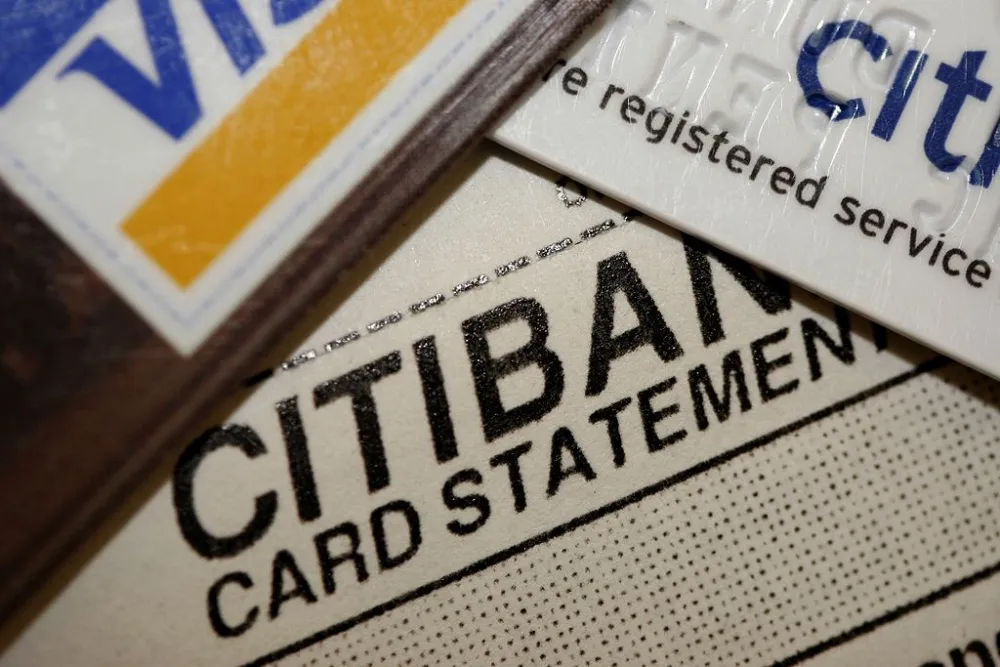
Regulators and airlines face off on credit card fees
Sep 04, 2016

Regulators and airlines are clashing over the rising credit card fees that are significantly impacting the aviation industry. Airlines argue that these fees, often passed on to consumers, are inflating ticket prices and squeezing profit margins. In response, regulators are scrutinizing the practices of credit card companies and their impact on competition and pricing in the travel sector. This confrontation highlights the broader issue of rising costs within the airline industry and the potential need for regulatory reforms to ensure fair practices and protect consumers from excessive charges. The outcome could reshape the financial landscape for airlines and travelers alike.
In recent months, the ongoing battle between regulators and airlines regarding credit card fees has intensified. This confrontation highlights the complexities of the payment processing landscape and the significant impact these fees have on both consumers and businesses. Airlines are pushing back against the growing pressure to lower fees, asserting that these costs are essential to maintaining their operations.
The Impact of Credit Card Fees on Airlines
Credit card fees, often referred to as interchange fees, are charges that merchants pay to card issuers for processing transactions. For airlines, these fees can add up substantially, impacting their overall profitability. According to recent studies, airlines pay billions of dollars each year in credit card fees, which can account for a significant percentage of their operational costs.
To illustrate the burden of these fees, consider the following table:
| Year | Credit Card Fees Paid by Airlines (in billions) |
|---|---|
| 2018 | $7.5 |
| 2019 | $8.2 |
| 2020 | $6.0 |
| 2021 | $9.0 |
| 2022 | $10.5 |
This table highlights a troubling trend: as credit card fees rise, airlines are forced to reevaluate their pricing strategies and operational budgets. The situation has prompted airlines to advocate for reforms that would lower these fees, which they argue are disproportionately high compared to other industries.
Regulatory Scrutiny and Consumer Impact
Regulators have taken notice of the rising credit card fees and their implications for consumers. With growing concerns over the fairness of these charges, regulatory bodies are exploring potential interventions. The goal is to create a more competitive environment that benefits consumers by reducing costs associated with credit card transactions.
One of the key issues regulators are focusing on is transparency. Many consumers are unaware of the high fees that airlines incur when they book flights, leading to a lack of understanding of how these charges affect ticket prices. A clearer breakdown of costs could empower consumers to make more informed decisions and potentially drive change in the industry.
Airlines' Arguments Against Fee Reductions
While regulators push for lower fees, airlines argue that reducing credit card fees could have unintended consequences. They contend that these fees are a necessary component of their business model, enabling them to invest in new technologies, improve customer service, and maintain safety standards. Airlines assert that reducing these fees could lead to higher ticket prices or diminished services for passengers.
Moreover, airlines emphasize the importance of maintaining their partnerships with credit card companies. These relationships provide airlines with valuable marketing opportunities and customer loyalty programs that enhance the overall travel experience. Disrupting these partnerships could jeopardize the benefits that both airlines and consumers currently enjoy.
The Future of Credit Card Fees in the Airline Industry
As the stalemate continues between regulators and airlines, the future of credit card fees remains uncertain. Airlines are likely to persist in their advocacy for maintaining current fee structures, while regulators will continue to explore avenues for reform. The outcome of this battle will undoubtedly shape the landscape of the airline industry for years to come.
For consumers, staying informed about these developments is crucial. Understanding how credit card fees impact ticket prices can help passengers make more informed choices when planning their travels. Additionally, consumers may want to consider utilizing airlines that prioritize transparency and actively seek to minimize fees.
Conclusion: Navigating the Complex Landscape of Credit Card Fees
The face-off between regulators and airlines regarding credit card fees represents a broader debate about the economics of the travel industry. As both sides present their arguments, it is essential for consumers to remain engaged and aware of how these changes may affect their travel experiences.
Ultimately, finding a balance that allows airlines to operate efficiently while ensuring fair pricing for consumers will be key to resolving this ongoing conflict. As the industry evolves, stakeholders must work collaboratively to create a payment processing environment that benefits everyone involved.
Related Articles

Explore Thailand: The Best Islands to Visit for Paradise, Adventure, and Relaxation

The Ultimate Guide to the Best Islands in Thailand for Your Next Getaway

Do babies need passports? How to get a passport for a newborn

How to get a U.S. passport fast: here’s how to expedite the process

What is Mobile Passport Control: 5 reasons why you should use it

SENTRI vs. Global Entry: A detailed guide

Do you need a passport to go to the Bahamas? Let’s find out

Do you need a passport to go to Mexico? A detailed guide

Do you need a passport to go to Canada? We got the answer

Do You Need a Passport for a Cruise: An Essential Travel Guide

Booster Seat Requirements: All the Rules to Follow in Your Rental Car

What Are the World’s Most Powerful Passports, and How Does Yours Rank?

How to Take a Passport Photo at Home: A Helpful Guide

You've got to have heart! Southwest's new livery

Your opinion: Should water be free on low cost carriers?

Young women bolder than guys as solo travellers
